Scotland.
We toured to Inverness, especially to visit the battle site of Culloden, the last major land battle fought on British soil. This was essentially a civil war between the Jacobites (who wanted a Monarchy with a Stuart king) and the ‘government’ forces who wanted to continue the existing regime. Both sides had mixtures of peoples with Scottish, English, Welsh, and many foreigners in their forces. There had been lots of other battles, and ‘Bonnie Prince Charlie’ was the leader of the Jacobites. The Duke of Cumberland was the leader of the government forces and they faced each other across the boggy fields at Culloden, just outside Inverness. There doesn’t seem to be any military reason for them meeting here: the land is not strategically useful, not valuable: it appears that is just where Prince Charlie sought the encounter. They were slaughtered by the disciplined, rested, and larger government forces, and that put an end to the Jacobite rebellion. The aftermath continues to this day, with the desire for separation from the English. (There was just a referendum regarding separation of Scotland from Great Britain, which was defeated- the United Kingdom of Great Britain remains…) Sorry for those for whom this potted history lesson is redundant, but I had to take something from the visit: the site is unremarkable otherwise.
We have also toured to Aberdeen and several of the distilleries near here: there are four in view of our cottage, and within a 25km radius, likely about 30. Aberdeen is a booming oil city, which supports the North Sea oil business. The city is largely made of grey granite buildings, which are really quite distinctive- there are very large ones (Marischal College is the second largest granite building in the world), and many private residences, with all sorts in between made of the same grey stone.
The cooperage near us (the only one left), manufactures and refurbishes oak casks of all sorts and sizes. It was fascinating to tour there and see the efforts used to continually recycle these casks. Most are imported, used, from the US (bourbon) or from wine producing areas, and are sent to this cooperage for restoration before they are used to age whisky, which, by law, must spend at least 3 years, and often a great deal more, in an oak cask. There are millions of them stored in the warehouses that are tucked into many places around the countryside. Today is the end of our Scottish adventure and we are making our way back towards England.
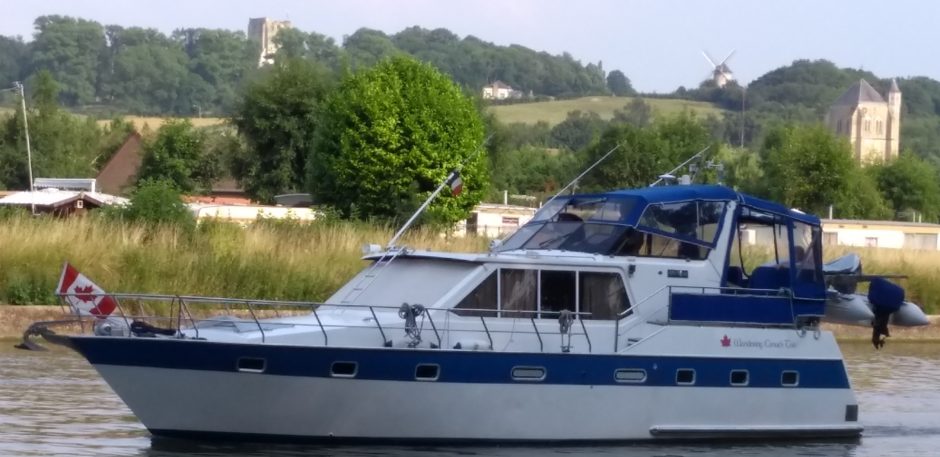
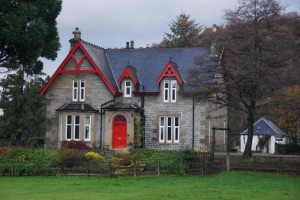
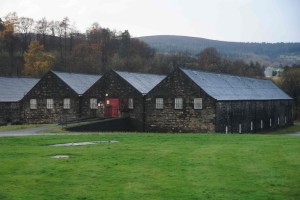
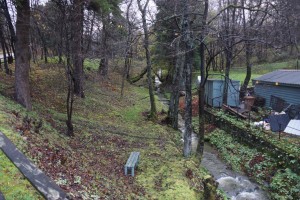
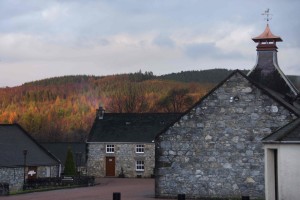
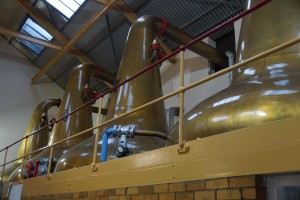
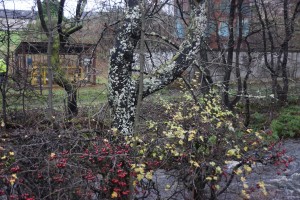
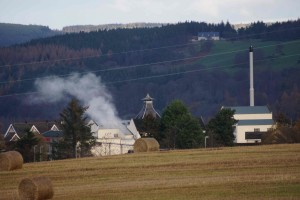
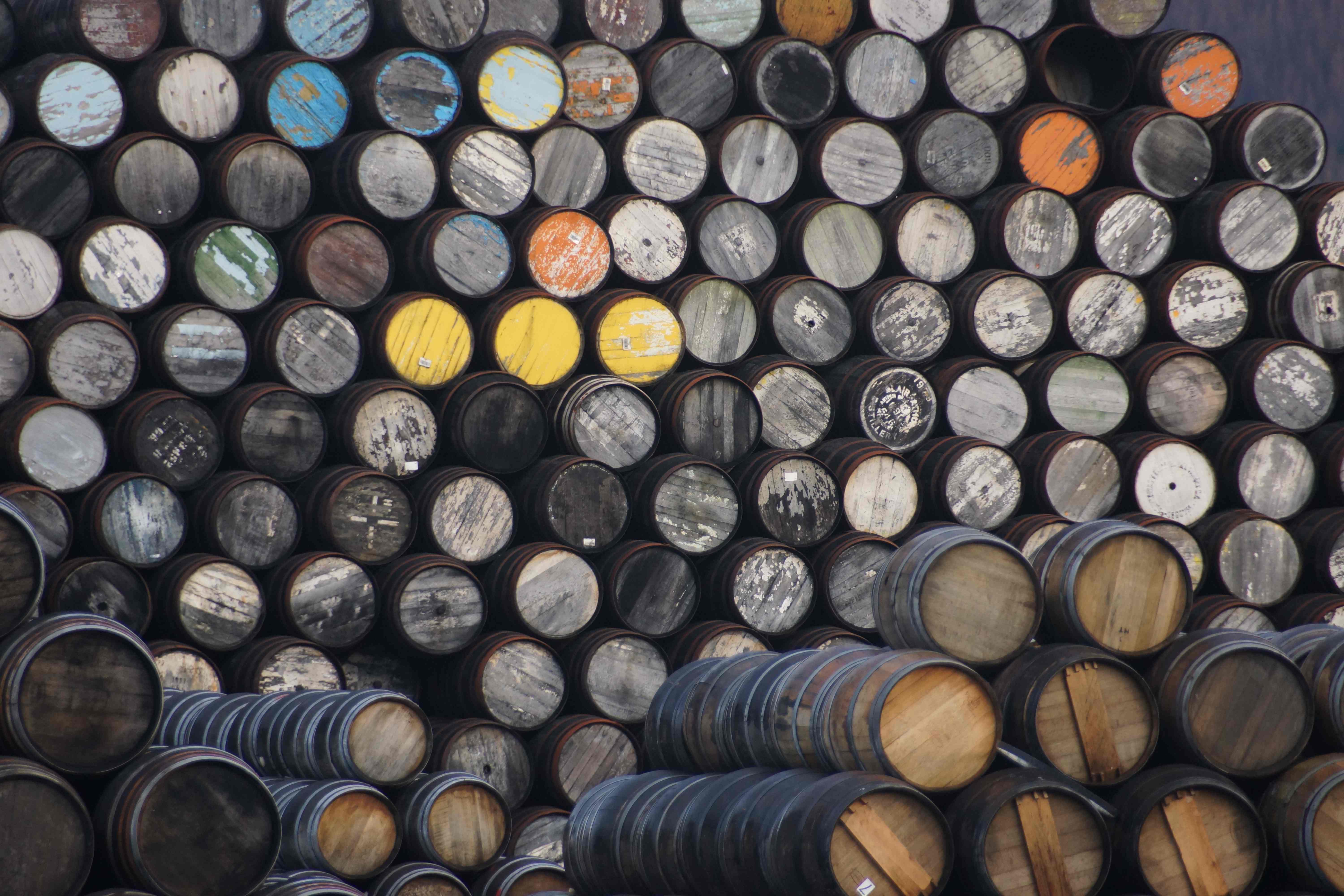
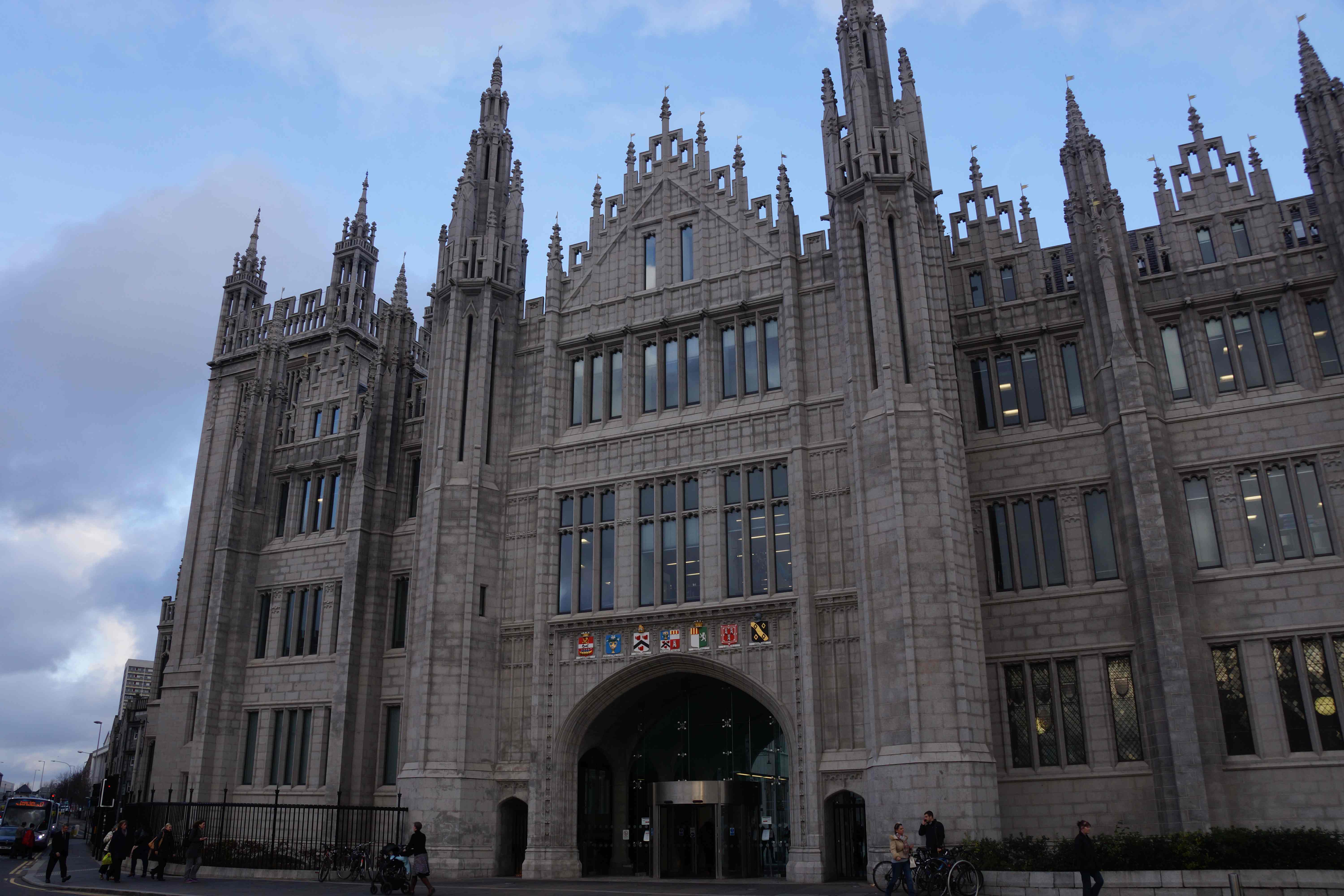
1 Response to Nov 22